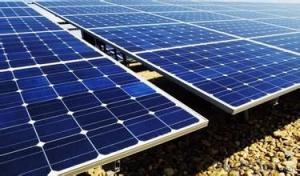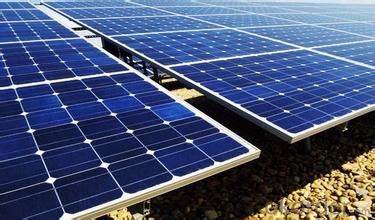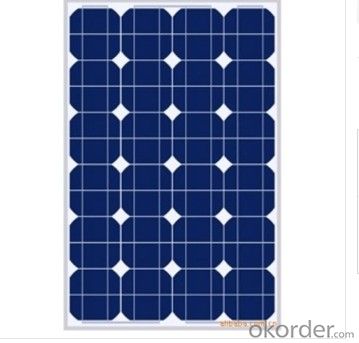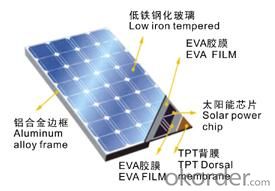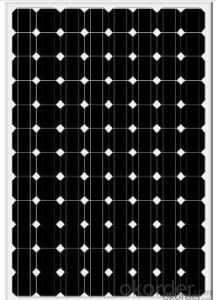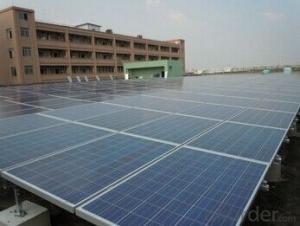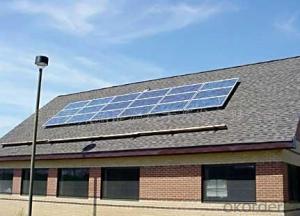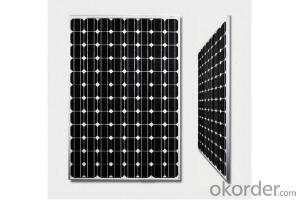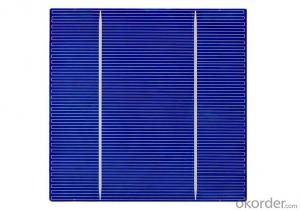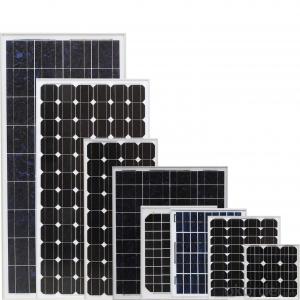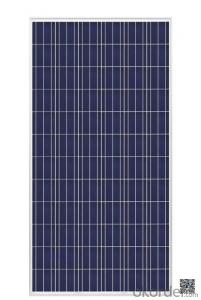230w/235w High Efficiency Solar Panel Quotes About Solar Panels
- Loading Port:
- Shanghai
- Payment Terms:
- TT OR LC
- Min Order Qty:
- 1000 watt
- Supply Capability:
- 100000000 watt/month
OKorder Service Pledge
OKorder Financial Service
You Might Also Like
Specification
230W/235W Solar Panel High Efficiency Certificated
- TUV IEC, MCS (UK), CE, CEC (Australia), INMETRO, IDCOL, SONCAP CERTIFIED
- [EU ANTIDUMPING DUTY-FREE]
- PROFESSIONAL SOLAR PANEL MANUFACTURER SINCE 2004
FEATURES
`Long Service Life
`High Efficency Solar Cells
`Special Aluminum Frame Design
`High Transmission,Low Iron Tempered Glass - TUV IEC, MCS (UK), CE, CEC (Australia), INMETRO, IDCOL, SONCAP CERTIFIED
- [EU ANTIDUMPING DUTY-FREE]
- PROFESSIONAL SOLAR PANEL MANUFACTURER SINCE 2004
FEATURES
`Long Service Life
`High Efficency Solar Cells
`Special Aluminum Frame Design
`High Transmission,Low Iron Tempered Glass
`Advanced Cell Encapsulation
APPLICATIONS
`Solar power stations
`Rural electrification, Small home power systems
`Power supply for traffic, security, gas industry
`12V and 24V battery charging system
`Other industrial and commercial applications
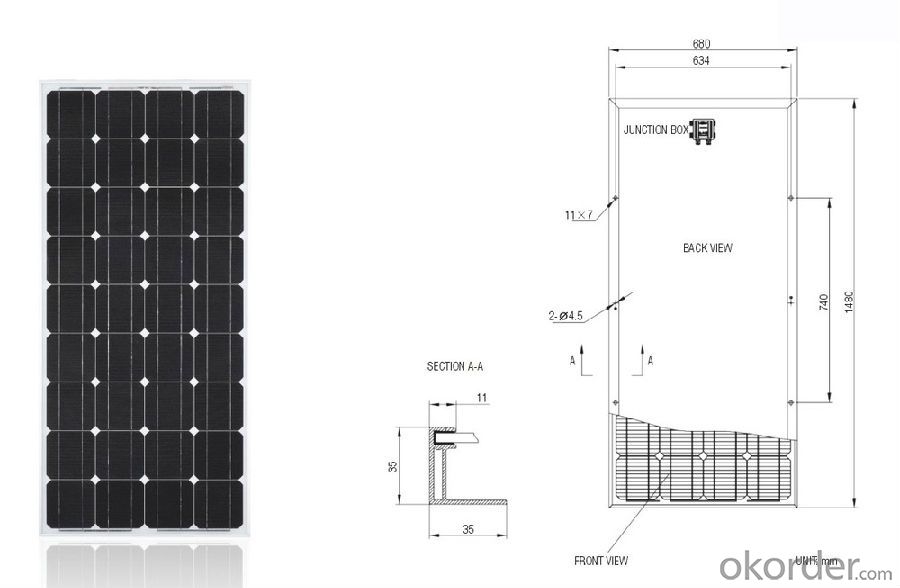
| ELECTRICAL CHARACTERISTICS | |||||||
| Model Number | KM(P)230 | KM(P)235 | KM(P)240 | KM(P)245 | KM(P)250 | ||
| Maximum Power as per STC | Pmax(W) | 230 | 235 | 240 | 245 | 250 | |
| Power Tolerance | % | ±3% | |||||
| Maximum Power Voltage | Vm(V) | 30.48 | 30.6 | 30.66 | 30.98 | 31.29 | |
| Maximum Power Current | Im(A) | 7.6 | 7.68 | 7.83 | 7.91 | 7.99 | |
| Open Circuit Voltage | Voc(V) | 36.6 | 36.72 | 36.84 | 37.38 | 37.5 | |
| Short Circuit Current | Isc(A) | 8.17 | 8.23 | 8.32 | 8.42 | 8.5 | |
| Maximum System Voltage | VDC | 1000 | |||||
| Cell Efficiency | % | 15.8 | 16.1 | 16.4 | 16.8 | 17.1 | |
| Module Efficiency | % | 14.1 | 14.4 | 14.7 | 15.0 | 15.3 | |
| Cells per Module | Pcs | 60 | |||||
| Cell Type | Polycrystalline silicon | ||||||
| Cell Size | mm | 156 x 156 | |||||
| Bypass Diodes | Pcs | 12Amp, 6 pcs | |||||
| Max. Series Fuse Rating | A | 15A | |||||
| Temperature coefficient of Isc | %/°C | 0.05 | |||||
| Temperature coefficient of Voc | %/°C | -0.35 | |||||
| Temperature coefficient of power | %/°C | -0.47 | |||||
| NOCT- Nominal operating cell temperature | °C | 47 ± 2 | |||||
| Operating Temperature | °C | -40 ~ +85 | |||||
| MECHANICAL CHARACTERISTICS | |||||||
| Dimensions | mm | 1650 x 990 x 50 | |||||
| Weight | Kg | 19.8 | |||||
| Type of Junction Box | TUV certified, IP65 | ||||||
| Cable Type, Diameter | TUV certified, 4mm2, 90 cm in length | ||||||
| Connector | compatible to Type 4 (MC4) | ||||||
| Tempered Glass | 3.2 mm, high transmission, low iron | ||||||
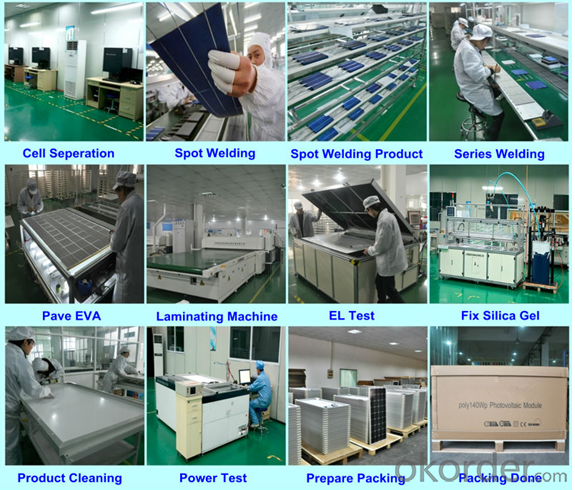 Packing
Packing
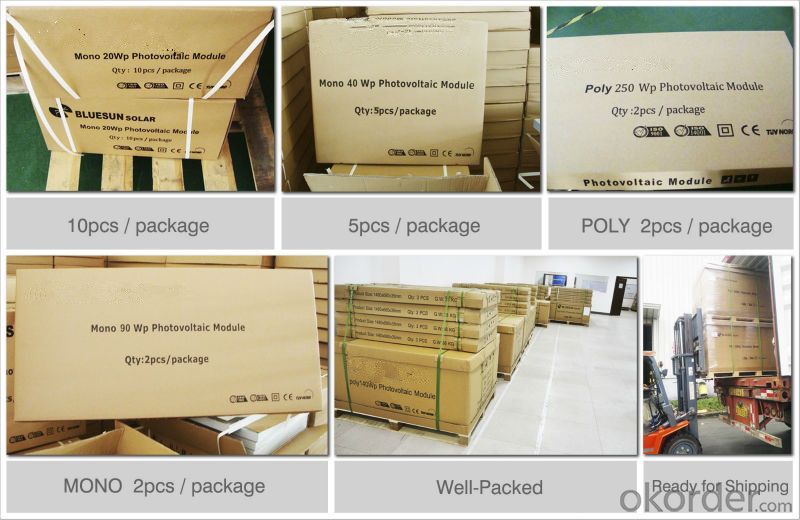
FAQ
1. What kind of Solar Cells does it have
---poly crystalline 156*156mm and 125*125mm or mono 125*125mm and 156*156mm
2. Is the front panel Glass or Plastic
---Tempered glass 3.2mm thickness or adjust to what you need, Light transmittance up to 95%.
3. Does it meet Europe Standards for Solar Energy
---This is TUV approval products, all the producing procedure apply TUV&UL.
4. What is the Efficiency level
--- Between 16-18.9% for solar cells.
5. What is the Nominal Voltage
--- 18v 20v 24v 36v 30v 48v , and so on, we can adjust to what you need.
6. What is the Warranty Period, How many years?
Power efficiency warranty:
---90% in 10 years; 80% in 25 years.
- Q: I am searching for producers or distributors of solar panels. Thanks!
- There are ton's of distributor around that can provide you a cheap solar panel that didn't came from China. Expand your knowledge and learn from a renowned solar company about the Best Solar Panels. Visit our site and contact us today!
- Q: . The 2v battery will only be turning a small 2v motor that will be turning very slowly yet possibly or a long time. 2. -2 hours max per day it will be running3. I want it to be fully sufficient on solar power once the energy in the battery runs out. What specifications for my panel do you think I will need. However, i have limited space so the smaller the better as long as it can do the jobP.S: I don't know much about electricity and solar power so simple answers please :)
- batteries are rated with the help of the CCA, chilly cranking Amps the better the CCa the longer it is going to very last, don,t imagine you want a charge Controller as your consistently drawing juice from it, the picture voltaic panel will keep the bat at its height , then even as the solar is down , the pump will draw off the bat,
- Q: Can solar panels be used for powering public transportation?
- Yes, solar panels can be used for powering public transportation. Solar energy can be harnessed through solar panels and converted into electricity, which can then be used to power electric buses, trains, trams, and other forms of public transportation. This helps reduce dependence on fossil fuels, lower greenhouse gas emissions, and promote sustainable and clean energy solutions for transportation systems.
- Q: I want to know how to hook up a Solartech SPM020P-R, 20W Solar Panel to a single outlet that you can but at a store.
- That panel you reference puts out about 20W. @ 8V of DC. You can't wire that to a standard 20V outlet without a battery/inverter unit. Even then, you don't get a useful amount of power. In a full day you would collect enough energy to run a small TV for about an hour.
- Q: I am working on a project and I have to build a house with solar panels. My teacher asked me how would I get solar energy if it is rainy or cloudy? I looked it up but didn't understand. Please help me!!
- Being totally honest, the way that most houses connect solar today is alongside their normal power from the power company. If the panels produce more than the house can use, the power company buys the excess electricity. At night, or any time the house needs to draw more than the panels are putting out (including rainy days), power is simply bought from the power company the old way. Between the buying and selling, a house's electric bill for the year could be low, zero, or even negative. The other alternative, useful where there is no power company, is to have batteries. These batteries are very similar to car batteries. During sunny days, the batteries are charged, and when there isn't sun, power is drawn from the batteries. This is inefficient and expensive compared to just using the power company, so people generally only do it if they have to.
- Q: My project needs to build a thermal solar panel that would be used as a demonstrational rig. The dimensions i am allowed do not allow me to use a normal thermal solar panel so i have decided to use the heat exchanger from the back of a fridge. Although this is possible to use what equation would i use to prove the power of the sun would actually heat up the water. More importantly when the rig is demonstrated to students, they will need to be able to determine if the raise in temperature given by the thermometers is what should be given. Variables of the rig will include: Angle of the panel, Light intensity, Direction of panel, and more importantly the flow rate of the water travelling through the pipes. What equation includes those variables (change in temperature, flow rate) and would allow me to incorporate the angle of the panel. The light source would be a lamp so i would also need to know how much of the energy from the lamp is actually being used by the panel?
- Forget the long winded discussion above. There are so many variables that you cannot calculate the outcome. This does not mean that the experiment is a failure. It gives you information on the fact that water can be heated in this manner, and that you can vary the result by modifying the variables.
- Q: A few months ago my dad said something about getting solar panels, and how green they were. I was just wondering if there were any companies that sold them and if they would actually make a big difference.
- Yes there are companies that sell solar panels, many of them specialize in solar, a simple google search with your state or city name and the word solar should get you many results. There are actually two kinds of solar panels that get installed on homes, one kind creates electricity, the other heats up water. Depending on how large a system you installed, you could have all of your electricity or hot water powered by solar, which would mean you'd use less nonrenewable resources like coal, oil, or natural gas. The other difference the solar panels would make would be in your electric or gas bill, that number would go down right away, but you'd have to wait a few years before the money you save there would cover the cost of buying the panels, the number of years depends on your state, and the size of your system. Starting in January there will be a 30% federal tax credit, that would mean savings for every installation in the US. Also a lot of states now have a rebate program, which means the system is even less expensive.
- Q: How much energy can a solar panel generate?
- The amount of energy a solar panel can generate depends on several factors, including the size and efficiency of the panel, the amount of sunlight it receives, and the geographical location. On average, a standard residential solar panel can generate between 250 to 400 watts of power per hour, or around 2 to 4 kilowatt-hours per day. However, larger commercial or utility-scale solar panels can generate much higher amounts of energy, ranging from several kilowatts to several megawatts.
- Q: Can solar panels be installed on a residential community?
- Yes, solar panels can be installed on a residential community. Many homeowners and community associations are choosing to install solar panels on rooftops or in shared spaces to generate clean, renewable energy for their homes and reduce their reliance on grid-supplied electricity.
- Q: Can solar panels be used for powering electric gates?
- Yes, solar panels can be used to power electric gates. Solar panels convert sunlight into electricity, which can be used to operate various electrical devices, including electric gates. This renewable energy source is an environmentally-friendly and cost-effective solution for powering gates in remote or off-grid locations.
Send your message to us
230w/235w High Efficiency Solar Panel Quotes About Solar Panels
- Loading Port:
- Shanghai
- Payment Terms:
- TT OR LC
- Min Order Qty:
- 1000 watt
- Supply Capability:
- 100000000 watt/month
OKorder Service Pledge
OKorder Financial Service
Similar products
Hot products
Hot Searches
